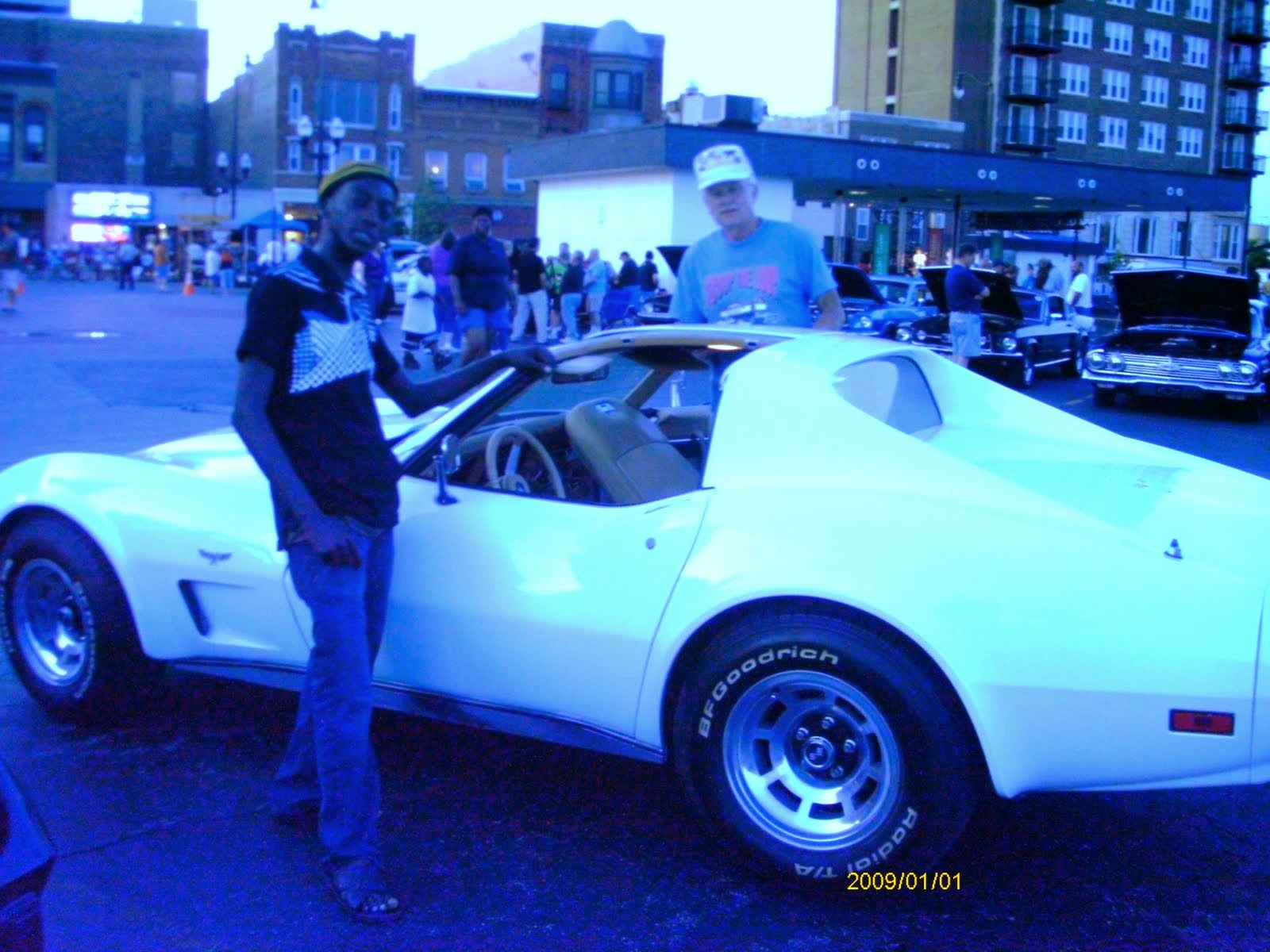 Protesters continue to take to the streets despite the use of deadly force
Protesters continue to take to the streets despite the use of deadly force New fighting has flared in Yemen between tribesmen loyal to President Ali Abdullah Saleh and soldiers backing anti-government protesters.
At least three people were killed and 15 others injured in Sanaa after pro-Saleh tribesmen arrived at a barracks occupied by mutinous troops.The violence came a day after at least 15 people died in the city of Taiz.
More than 100 people have been killed and many more injured since protests against Mr Saleh began in February.
Protesters are calling for the president to step aside after 32 years in power, but he has signalled that he has no plans to leave immediately.
The US has been a key ally of Mr Saleh's, but analysts say Washington now appears to be losing patience.
Reconciliation offer Members of a regional grouping, the Gulf Co-operation Council (GCC), have offered to host talks between Mr Saleh and opposition groups.
But Mr Saleh has been taking an increasingly hard line with the protesters, and has not publicly responded to offers of mediation.
A spokesman for a leading opposition group, Mohammed Qahtan, told the AFP news agency that they welcomed the GCC proposals but required Mr Saleh to agree to leave office immediately before opening talks on reconciliation.
"We have welcomed [the GCC invitation] and said we will attend, but to discuss a transfer of power only," he said.
Mr Saleh's government has accepted an offer to attend talks in Saudi Arabia, but no date has been set.
Tear gas The exact cause of Tuesday's shooting in Sanaa was not clear.
However, reports said a convoy of vehicles carrying members of the Sanhan tribe - some of whom remain loyal to the president - arrived at the headquarters of the rebellious army division.
The Associated Press news agency, citing security sources, said the visit was an attempt to negotiate with Maj Gen Ali Mohsen al-Ahmar, commander of the 1st Armoured Division.

The violence followed a deadly crackdown in Taiz on Monday, where demonstrators calling on Mr Saleh to step down were shot by security forces.
New unrest flared there on Tuesday as well, with tear gas used in the streets as more demonstrators massed - for a third successive day of protests.
A BBC reporter in Sanaa - who cannot be named for safety reasons - says more shots were fired in Taiz.
A volunteer doctor in Taiz told the BBC that his field hospital was struggling to deal with hundreds of patients suffering from the effects of tear gas.
At least 10 people were brought in with gunshot wounds, while another eyewitness said tear gas was fired from low-flying helicopters, our reporter was told.
The violence in Taiz and Hudaida on Monday seems to have sparked fresh rallies across the country, although President Saleh remains defiant, our correspondent adds.
The opposition coalition Common Forum, which includes the five biggest opposition groups in Yemen, has offered a five-point plan for Mr Saleh to hand over power:
- President Saleh resigns and is replaced by Vice-President Abdu Rabu Hadi
- Mr Hadi announces a restructuring of the security forces to make them accountable to the government
- An interim government is created based on national reconciliation
- A new electoral commission is established
- Civil liberties are boosted and an investigation is launched into the killing of protesters


No comments:
Post a Comment